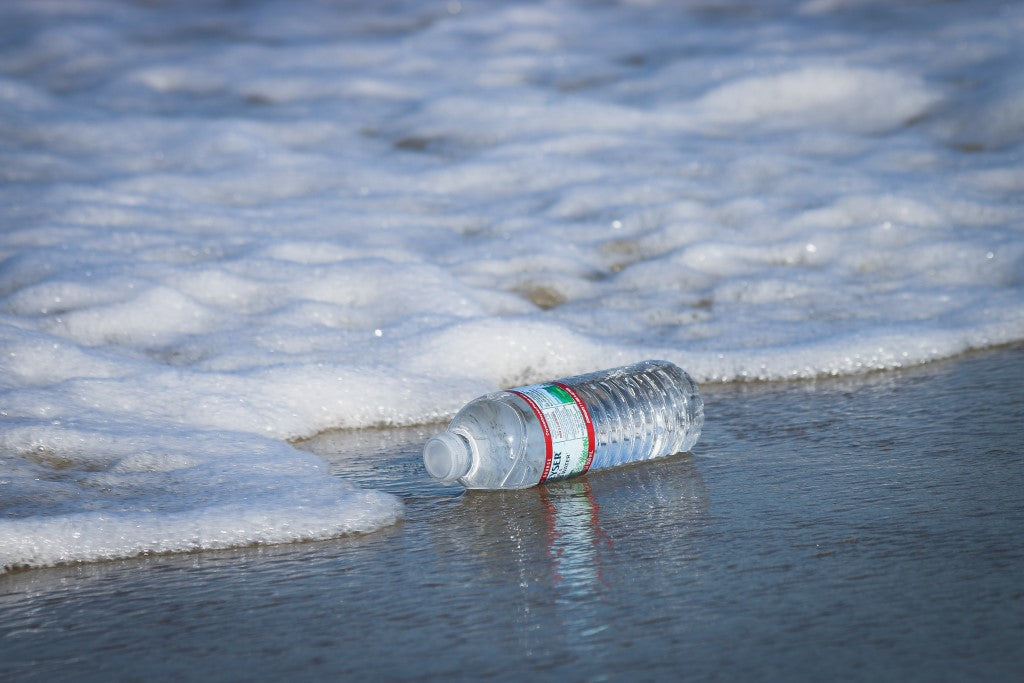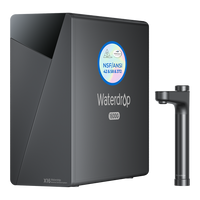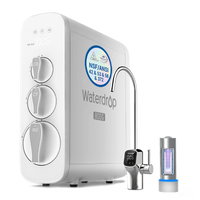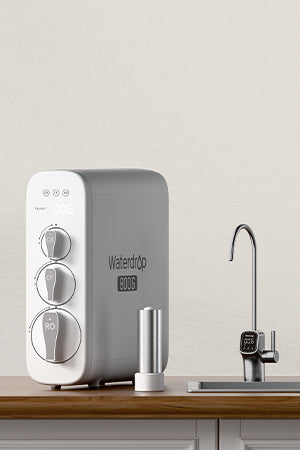Jackson city’s main water treatment plant failed in mid-to-late August 2022. This failure cut off the city’s residents access to safe and clean water. In introspection, this crisis proves how the city’s water system is fragile and increasingly susceptible to climate change effects in the coming years.
Background
Jackson is the largest city in Mississippi. Consequently, the city has a water system with more than
71,000 water connections. But the drinking water treatment system has had problems for many years. In addition, two disasters – flooding and infrastructure failure, further worsened Jackson’s pre-existing water-related issue. In fact, heavy rains caused flooding along the Pearl River watershed in August 2022.
Timeline
A severe winter storm in early 2010 caused several water main breaks and widespread outages. The city failed the U.S. Environmental Protection Agency (EPA) inspection in 2012. The inspection was to enforce the Safe Drinking Water Act Standards. Consequently, the city was required to improve maintenance in a November 2012 settlement.
A winter storm shut down the O.B. Curtis Water Treatment Plant in February 2021. Consequently, the residents couldn’t access water for a month. The city and the EPA created a repair plan in July 2021. Meanwhile, the city’s water infrastructure continued deteriorating.
The major complaints of residents were the sewage floating in the streets and low water pressure. As a result, after the February storm, the city issued many
boil water orders. This order was also placed in July 2022 when the plant damage required a move to backup pumps. The order was still in effect during the August 2022 flooding.
What Are the Health Impacts of Drinking Contaminated Water?
Unquestionably water is vital to human life. Most of the human body and the planet’s surface are made of water. Unfortunately, sometimes, germs and chemicals can contaminate the public water supply. And drinking water from contaminated sources can lead to numerous health concerns.
Well water, city water supplies, and freshwater sources like lakes and rivers are all susceptible to
water contamination. And drinking water from harmful sources can cause numerous adverse effects, including diarrhea, dehydration, and nausea. You may also develop intestinal or stomach cramping, pain, and aches.
Diarrhea is a common side effect of drinking contaminated water. But for most people, this sickness goes away after a day or more. Usually, you can treat diarrhea with off-the-shelf medication. However, it is essential to note that because you don’t experience signs or symptoms does not mean there are no potential long-term effects.
What Are the Solutions to The Jackson Water Crisis?
Bottled Water
Bottled water is the best solution in a water crisis because it doesn’t contain contaminants. Moreover, because the water is tightly sealed in a bottle, its cleanliness is guaranteed. Besides, bottled water has a better taste compared to tap water. Furthermore, because of its rigorous purification process,
bottled water does not have as much mineral content or metallic taste as tap water.
Another reason bottled water is in high demand is its accessibility. Because you can easily have a bottle of water around, it gives you a visual reminder to always drink water. It also allows you to drink water anywhere and everywhere. Furthermore, you can easily find bottled water in grocery and convenience stores. Moreover, because bottled water comes in handy in any situation and is easy to transport, it offers immense convenience benefits.
Water Filtration System
Water purification and filtration systems are a convenient and cost-effective way to ensure you have safe and clean water in your home. Read further to discover the importance and benefits of water purification.
Better Taste
Although municipal water is safe for drinking, it does not necessarily mean it is high quality. Generally, filtered water has a better taste. In addition, water may have an unpleasant taste or aftertaste due to the presence of pesticides, bacteria, chlorine, and heavy metals.
Environmental Protection
Evidence has shown that bottled water is harmful to the environment. In addition, the daily cost may increase if you rely on bottled water. Many areas lack the infrastructure or resources to recycle plastic bottles properly. Therefore, water filtration systems reduce non-biodegradable plastic bottles in landfills and incinerators.
Save on Water Bills
Investing in an eco-friendly water filtration system helps save more water and more money. Take
Waterdrop G3P800 for example, it adopts advanced water dispensing technology, saving 12 times more water than the traditional RO system. Besides, the filters are characterized by a long life span and favorable price. All of these advantages can help you save on your water bill.
Conclusion
Now that you know how beneficial a home water filtration system is, there is no reason to keep drinking unfiltered water. Besides drinking clean water, a water filtration system prevents health concerns arising from drinking chemical-laden and contaminated water.








































































